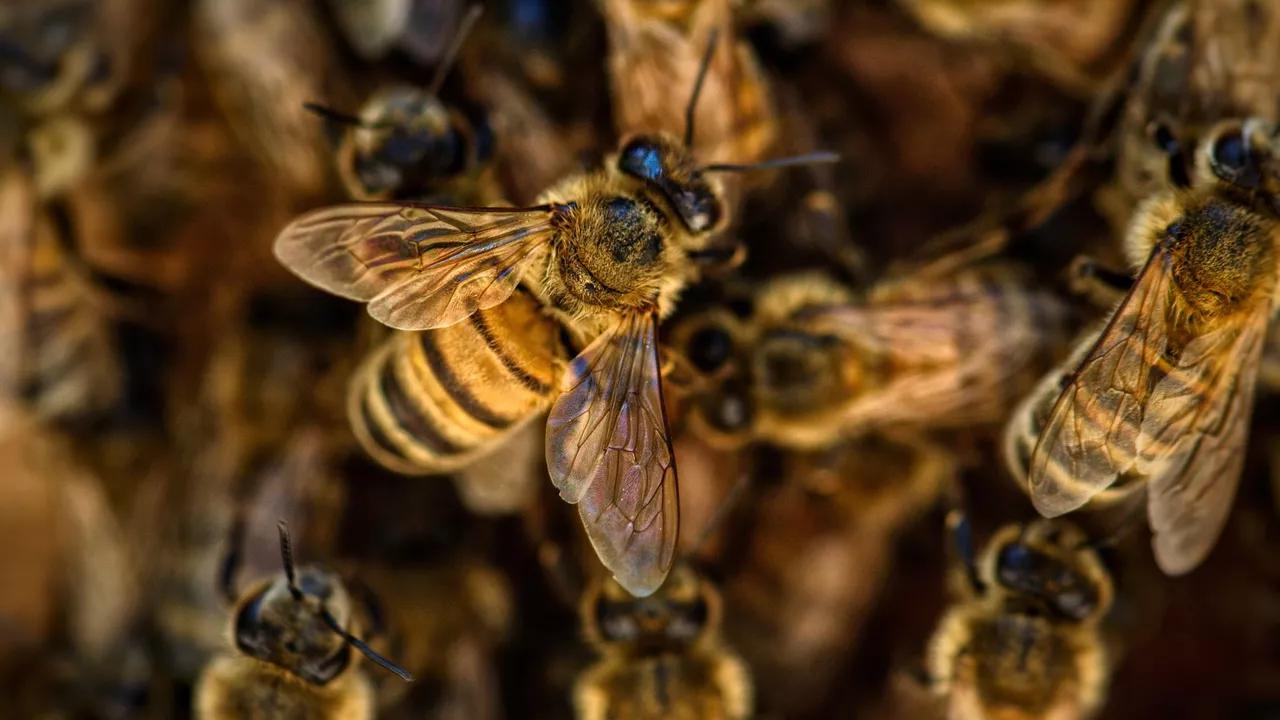Africa-Press – Sierra-Leone. Domesticated honeybees play a vital role in the economy by pollinating many agricultural plants. However, a variety of negative factors have led to a 90% decline in their population since 1962. But scientists report a possible breakthrough in the conservation and recovery of bee populations.
The US Department of Agriculture has approved PrimeBEE, a vaccine that protects honeybees from American Foulbrood disease – a bacterial infection that kills larvae. This product from Dalan Animal Health is the first bee vaccine of its kind.
For the vaccine to work, it must be mixed with royal jelly and then workers feed it to the queen bee. The vaccine particles will penetrate into the ovaries of the queen and from there into the yolk of the eggs. Her offspring will gain innate immunity to blight. According to experts, the use of the drug can significantly reduce bee mortality from this infection and slow down its spread.
American Foulbrood infection originated in the United States and has spread around the world, with up to a quarter of hives infected in some regions. These microorganisms infect and kill young bee larvae within the first three days of their life, turning their bodies into a brownish slime. Some success in treatment can be achieved with specific antibiotics, but because the bacterial spores remain viable for several decades, regulatory agencies require the complete destruction of bees in infected families and the burning of their hives.
Thanks to the license, the company will be able to supply a limited amount of vaccine to US beekeepers over the next two years. If the results are positive, the restrictions will be lifted. Experts also note that if successful, the vaccine could serve as the basis for drugs for other similar diseases, particularly European blight. In addition, the company is already thinking about creating vaccines for other commercial arthropods, such as mealworms and shrimp.
For More News And Analysis About Sierra-Leone Follow Africa-Press






